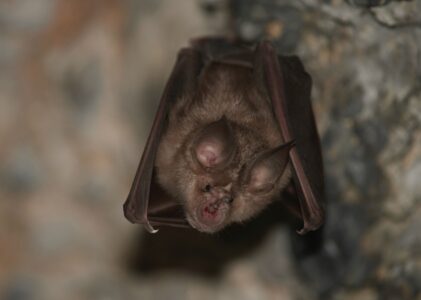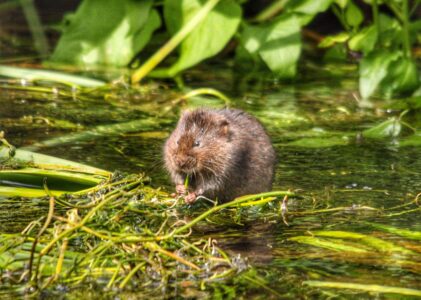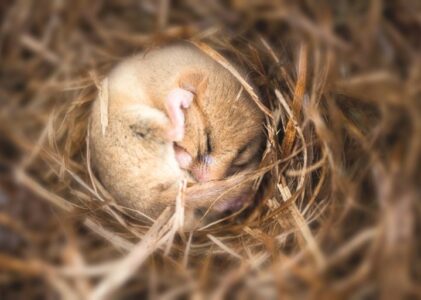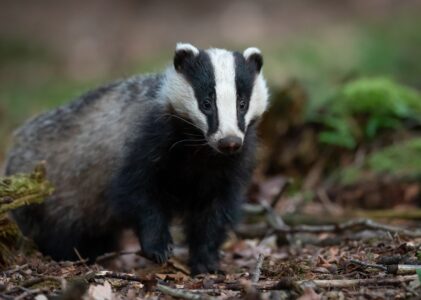Protected Species Surveys
Introduction
There are some species that have been given special protection through wildlife legislation, as a result of their rarity or due to their population decline or persecution. The presence or potential presence of protected species on a development site, or indeed adjacent to a development site, is a material consideration in the planning process. Wild Ecology can complete Protected Species Surveys to establish their likely presence or likely absence on/or adjacent to a proposed development site. A Protected Species Survey is required to support a planning application.
UK Protected Species Legislation
Natural England Standing Advice is used by planning authorities to decide if and to what extent a development project affects protected species as well as habitats. This includes both European Protected Species (EPS) and species which are protected under, for example, the Wildlife and Countryside Act. Ancient Woodland habitat as well as other habitats of principle importance, are also considered within standing advice. Wild Ecology provide advice on potential developments which ensure that best practice guidance and standing advice are considered within any proposal and master plan.
The Wildlife And Countryside Act
The Wildlife and Countryside Act 1981 provides varying degrees of protection for species of flora and fauna.
The Badgers Act
The Badgers Act 1992 provides comprehensive protection for badgers and their setts, with a requirement that any authorised disturbance or destruction is undertaken under licence.
The Habitats Regulations
The Habitats Regulations 1994 transpose the requirements of the Habitats Directive into national law. The regulations provide protection for European Protected Species (EPS) such as dormice, otters, great crested newts and all UK species of bat and licence certain activities that may affect such species. This legislation also sets out the requirements for assessing plans and projects which may have an effect on European designated sites.
Bats

If you are planning a development project that is at risk of disturbing or damaging a bat roost, you will need to conduct a bat survey and preliminary roost assessment. This is required by law in order to continue with development plans. Get in touch to organise a preliminary bat survey from experienced bat surveyors.
Water Voles

Water vole surveys are aimed at establishing presence, population status and identifying key areas of habitat. Survey techniques involve the identification of field signs associated with these species, including faeces, latrines, feeding stations, burrows and runs or pathways, mainly through methodical surveys of the banks of water courses.
Great Crested Newts

Great crested newts and their habitats are fully protected under UK law. So, if your site or the surrounding area contains potential breeding sites, then you may need a newt survey before site works can begin. The easiest way to gain expert advice is to get in touch – we’re happy to discuss your site and provide free advice without obligation.
Reptiles

All native reptiles in the UK have some degree of protection, with our rarer species given full protection. It is therefore necessary to assess the status of reptiles on any development site. This can be done during initial surveys where the surveying ecologist will assess the likelihood of reptiles being present given the habitats that are on site. If it is decided that there is the possibility of reptiles being present then a reptile survey may be required.
Dormice

A hazel dormouse survey is a species survey that is conducted to establish the presence of dormice at a potential development site. The survey is conducted by a licenced ecologist and can establish the presence of dormice through monitoring methods such as nest box searches.
Badgers

Badgers and their setts – in other words their homes – are protected under the Protection of Badgers Act 1992. It is an offence to kill or injure them or to interfere with a sett. You will need a Badger Survey if you’re applying for planning permission and badgers or their setts will be affected by your project. ‘Affected’ in this context can mean anything from disturbing the animals with traffic noise to destroying their setts.
Please get in touch to learn more about protected species surveys and find out more about the range of species we can legally survey. We are always available for a discussion about your potential needs and the various survey windows that may constraint your work.

